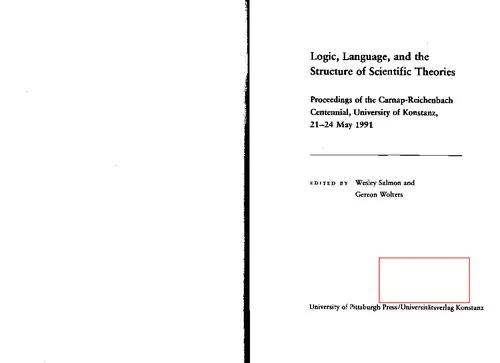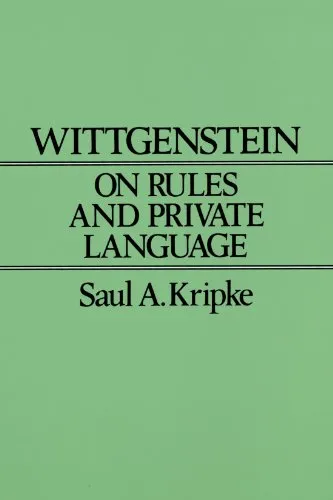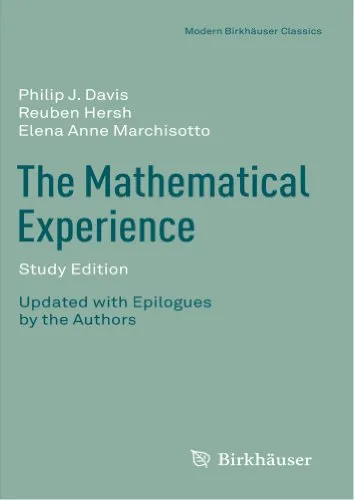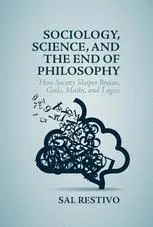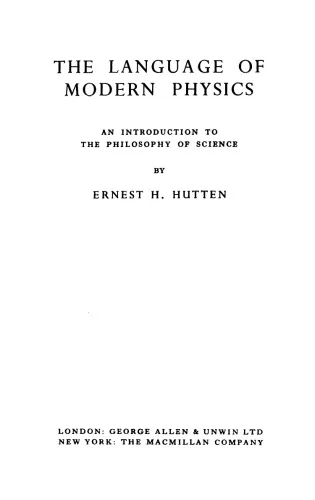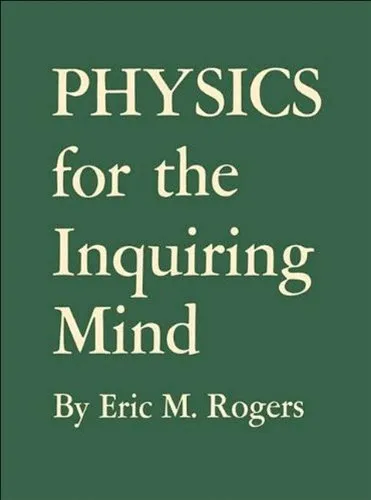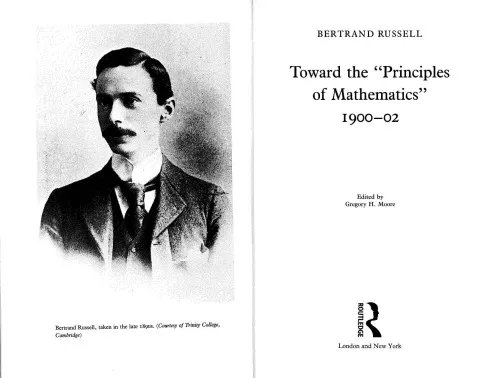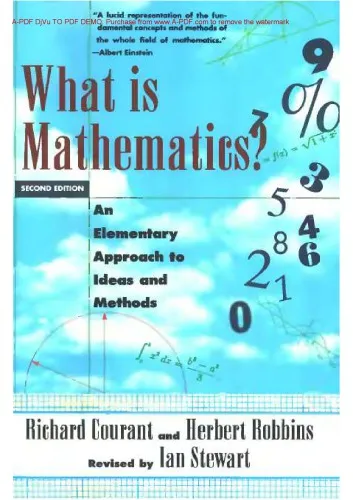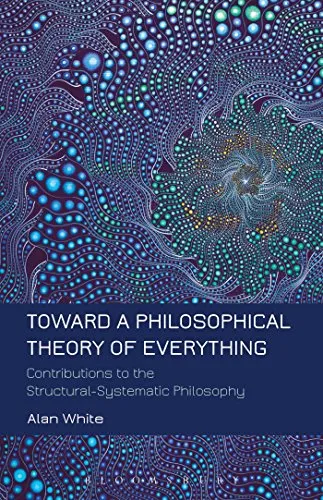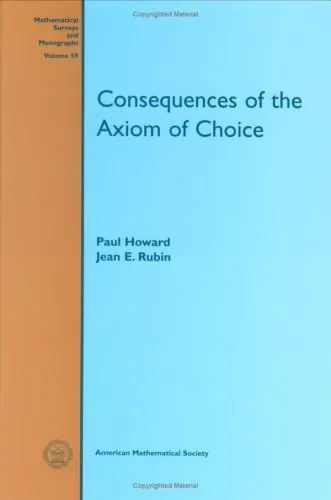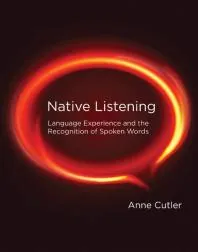Logic, Language, and the Structure of Scientific Theories (Pittsburgh-Konstanz series in the philosophy & history of science)
4.4
Reviews from our users

You Can Ask your questions from this book's AI after Login
Each download or ask from book AI costs 2 points. To earn more free points, please visit the Points Guide Page and complete some valuable actions.Related Refrences:
Welcome to a comprehensive exploration of the book "Logic, Language, and the Structure of Scientific Theories," a significant contribution to the Pittsburgh-Konstanz series in the philosophy & history of science. Edited by esteemed scholars Wesley C. Salmon and Gereon Wolters, this book delves deep into the intricate relationship between logic, language, and the foundational structure underlying scientific theories. It stands as a vital resource for anyone interested in understanding the complex mechanisms that drive scientific inquiry and theoretical development.
Detailed Summary of the Book
The book "Logic, Language, and the Structure of Scientific Theories" is a pivotal collection of essays and studies that aim to unravel the philosophical underpinnings of scientific thought and practice. The contributors to this volume have meticulously examined how language and logic serve as fundamental tools in the formation and evolution of scientific theories. They explore the semantics and syntactic structures of scientific languages, scrutinizing how these linguistic frameworks influence theoretical constructs and scientific discourse.
At its core, the book emphasizes the interplay between empirical observations and logical reasoning in the construction of scientific knowledge. It delves into topics such as the role of models and simulations, the semantics of scientific language, and the function of deductive and inductive reasoning in scientific methodology. The essays collectively contribute to a nuanced understanding of how scientific theories are both constructed and deconstructed within philosophical and logical contexts.
Key Takeaways
- Interdisciplinary Approach: The book highlights the necessity of integrating perspectives from logic, linguistics, and philosophy to gain a comprehensive understanding of scientific theories.
- Language as a Tool: It elucidates the crucial role language plays in shaping and communicating scientific ideas and the inherent challenges that arise due to language ambiguity and evolving semantics.
- Logical Frameworks: The discussion on logical structures examines how they can both aid and constrain scientific inquiry, highlighting the balance required in scientific modeling.
- Historical Context: By examining the historical development of scientific theories, the book sheds light on the dynamic nature of scientific progress and theory change.
Famous Quotes from the Book
"The essence of scientific inquiry lies not just in what we observe, but in how we interpret those observations through the conceptual schemes and logical frameworks available to us."
"Language is not merely a vessel for scientific thought, but an active agent that shapes the very structure and trajectory of our theories."
Why This Book Matters
This book is significant for several reasons. It provides a platform where multiple disciplines intersect to offer a holistic view of scientific reasoning and theory formulation. The philosophical insights presented by the expert contributors challenge readers to reconsider the foundational elements of scientific practice. As a part of the Pittsburgh-Konstanz series, it holds a special place in advancing discourse on the philosophy and history of science, making it an essential read for scholars, scientists, and anyone interested in the philosophical dynamics of scientific theory.
Free Direct Download
You Can Download this book after Login
Accessing books through legal platforms and public libraries not only supports the rights of authors and publishers but also contributes to the sustainability of reading culture. Before downloading, please take a moment to consider these options.
Find this book on other platforms:
WorldCat helps you find books in libraries worldwide.
See ratings, reviews, and discussions on Goodreads.
Find and buy rare or used books on AbeBooks.
1397
بازدید4.4
امتیاز0
نظر98%
رضایتReviews:
4.4
Based on 0 users review
Questions & Answers
Ask questions about this book or help others by answering
No questions yet. Be the first to ask!
